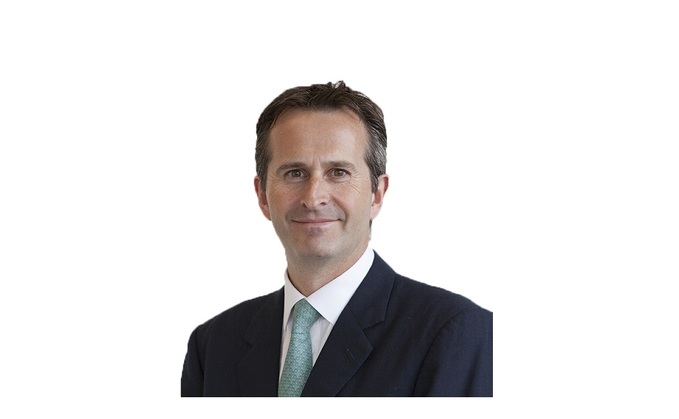
Can you give a brief overview of your strategy in terms of what you are trying to achieve for investors, your investment process and the make-up of the investment team?
Launched in 1987, the BMO Responsible Global Equity Fund aims to provide capital growth while driving positive change in society and the environment. Investment decisions are orientated around our Avoid, Invest, Improve philosophy, which underpins all our ESG-focused offerings. It means we exclude companies perceived harmful to people and the planet; harness long-term sustainable opportunities by investing in companies we perceive as market leaders within several megatrends such as energy transition and health & wellbeing; and use our position of influence to engage with companies around improving their management of ESG issues, and exercising our voting rights where necessary to drive further positive change.
It's not enough to state our ambition of doing good - we need to monitor and measure the impact of our investments. Each year we publish an impact report for the fund, to provide analysis on how the products and services provided by companies we invest in for this portfolio align with the sustainable development goals (SDGs) - both positively and negatively; key portfolio impact metrics on carbon, water and gender; and a summary of our engagement with portfolio companies, and how this aligned with the SDGs.
Our Global Equities team is responsible for stock picking and day-to-day portfolio management. We draw on BMO Global Asset Management's entire active equities expertise, including specialists in developed and emerging markets. Throughout the process, we work alongside our Responsible Investment team to ensure that ESG-related factors are hardwired into our company analysis and engagement.
How have you been trying to weather the storm caused by the Covid-19 pandemic and what could be the longer-term implications for your strategy?
No one could have predicted the impact of Covid-19. It was encouraging however, that our natural long-term bias towards quality businesses with strong competitive positioning, strong balance sheets and high visibility of earnings stood the portfolio in good stead through the challenging period.
This focus is one we expect to bear fruit on a longer-term perspective too. It's not enough to simply operate as a company that's addressing sustainability challenges - the business needs to be strong enough to consistently capitalise upon those opportunities, rather than see their market leadership dissipate through increasing competition.
As we begin to recover from the pandemic, it is clear that Covid-19 has really brought sustainability issues to the fore. It will take considerable time for environmental and societal challenges to be addressed, but over the long term, the resulting opportunities should create a robust risk/reward payoff.
Can you identify a couple of key investment opportunities for your fund you are playing at the moment in the portfolio? This could be at a stock, sector or thematic level
With the global population projected to near 10 billion by 2050, resource efficiency is key as the world seeks to transition towards greater sustainability. We see opportunities in companies driving the transition towards increased efficiencies in areas like agriculture, food transportation and water management.
More people mean that there's greater demand for food - a trend occurring at the same time as continued migration of populations from rural to urban environments. Put simply, further mechanisation of agriculture is key to feeding a growing world population with fewer people working in the fields. With over four million of its tractors ploughing fields around the world Japan's Kubota is already doing its part. Asia's agricultural sectors are behind those in Europe and North America from a mechanisation perspective and Kubota looks well placed to build on its market leading position in countries like Thailand.
Water is another resource where the requirement for careful management is key. The UN estimates that 700 million people could be displaced by water scarcity by 2030 and that 1.4bn people live in areas of high water vulnerability. Xylem is the largest global water business with activities addressing all aspects of the water cycle. By 2025 for example, Xylem wants to reduce the loss of water due to faulty infrastructure by over 3.5bn cubic metres.













